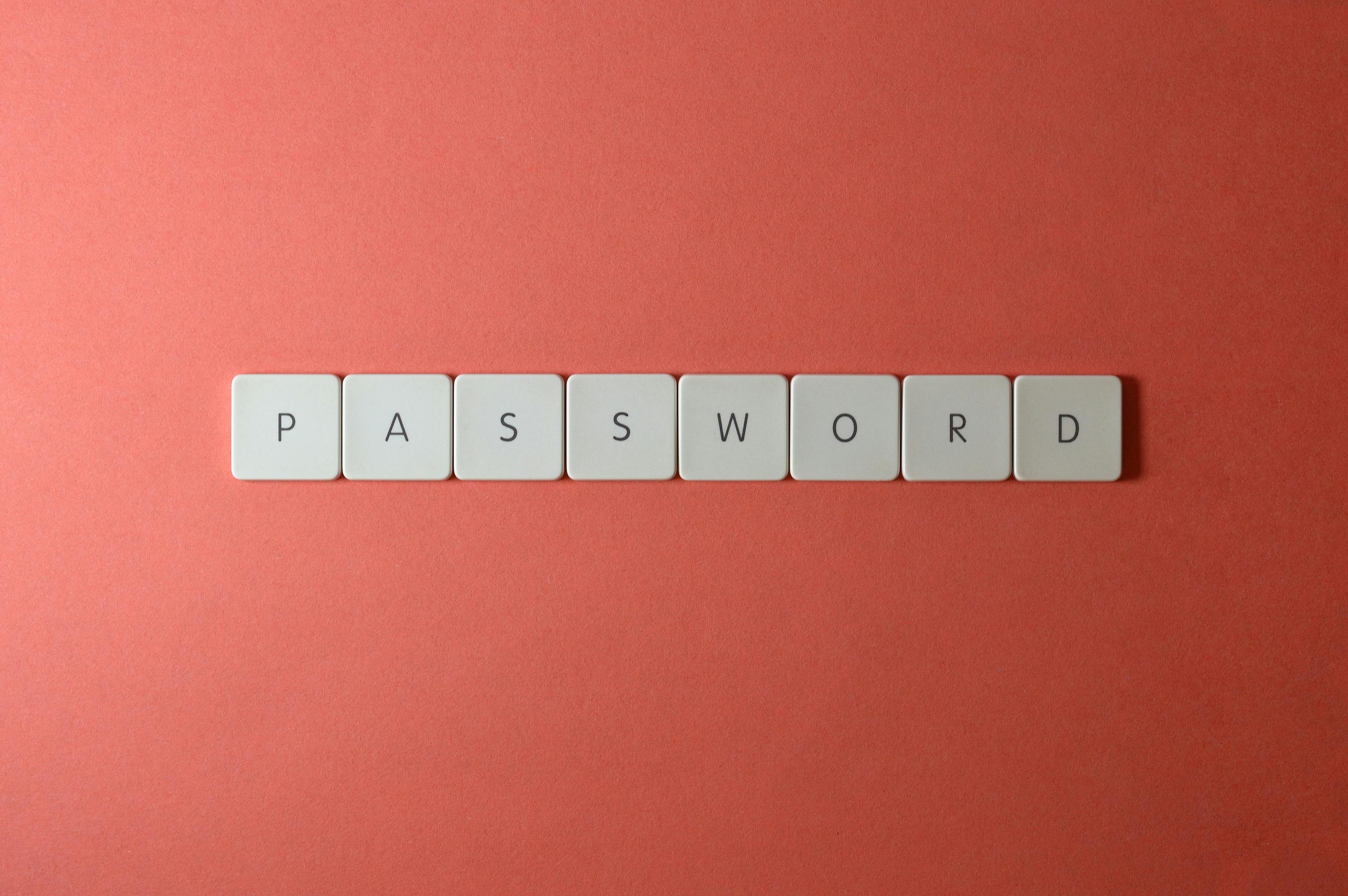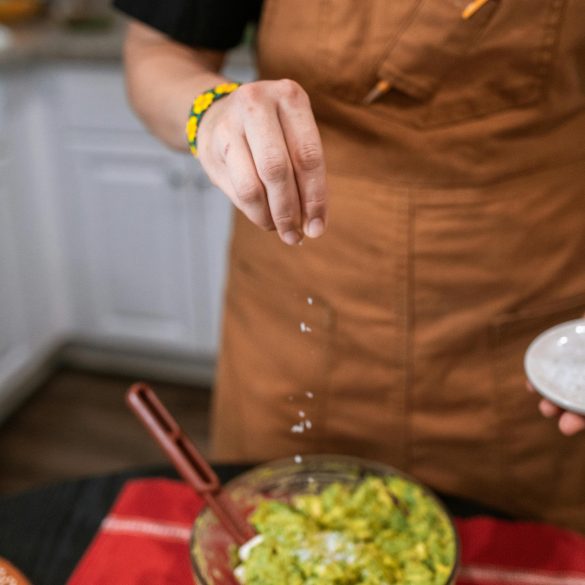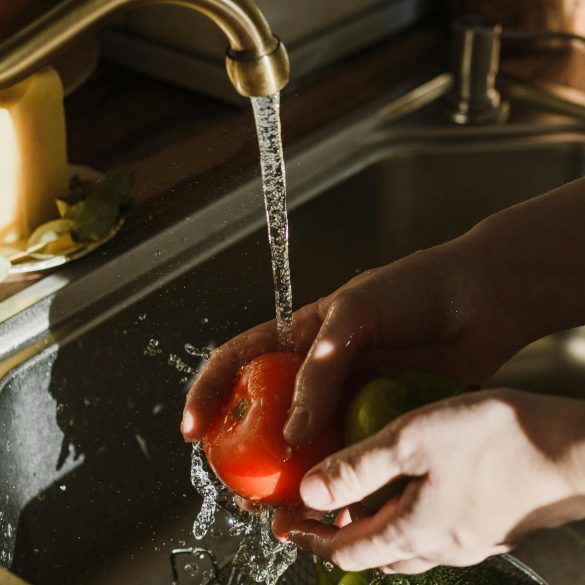Trinidad and Tobago’s Clear Guide to Setting Strong Passwords for Online Security
What’s the real cost of a weak password in Trinidad and Tobago? Here’s a stark truth: in 2022 alone, the Trinidad and Tobago Cyber Security Incident Response Team reported more than 1,400 cases of digital account breaches—many traced back to poor password habits1. That number floored me the first time I saw it, and honestly, it hasn’t gotten better. The thing is, almost every single person I’ve met—from bankers in Port-of-Spain to secondary school students tackling their first Gmail account—has asked the same, basic, crucial question: “What makes a password strong, and how do I actually set one up without locking myself out forever?” Sound familiar?
Having worked with dozens of Caribbean businesses on digital transformation projects, I can tell you—password weaknesses don’t discriminate. Yes, you might hear tech pros debate multi-factor authentication and encrypted password managers. But in real life? It starts with the basics. The first moment you set up an account is your best line of defense. What really strikes me is how, despite constant warnings, people still default to “Trini123,” “socawarriors2023,” or—pay attention now—using their exact phone number as a password. I’ve seen this again and again with clients, family, even on government systems back in the day when public portals became a thing here.
Trinidad and Tobago ranks among the top three Caribbean countries for mobile banking adoption, yet over 65% of users admit to reusing the same password across multiple platforms.2
So—before I get ahead of myself—let’s break down this guide. Whether you’re a teen juggling school logins, or a seasoned professional securing your business accounts, this post will give you the answers you need—layered to suit tech novices and digital veterans alike. I’ll cover plain-English explanations, step-by-step instructions, quick-reference tables, personal anecdotes, and genuine expert mistakes I made (and fixed). All are designed for Trinidad and Tobago’s unique blend of mobile-first users, business owners, and those helping elderly relatives “reset dey password” every month.
Why Trinidad Needs Strong Passwords (Local Risks & Motivation)
Think about it for a second: Trinidad’s digital economy is booming. Mobile payments, online business, e-learning platforms, and even e-government portals are now routine. Most folks I meet are navigating dozens of account logins monthly—often on the go, switching from a smartphone app to a desktop or handing a phone to a family member without thinking twice. But here’s the catch: cybercriminals love easy targets. Local media reported a major uptick in “phishing text” scams in 2024, especially after the Carnival season3. People lost thousands because one reused password got stolen and cracked across all their accounts.
Every time you reuse a password—or pick something guessable like “trinidad2024″—you’re building a house of cards. One weak link compromises everything. Really, truly important: Every online account should have its own fortress.
Yes, you’re probably thinking, “That sounds exhausting. Who has time for a million passwords?” Back in 2019, I felt exactly the same—and made the rookie mistake of using a slightly tweaked version of my Gmail password for my local bank account. You can guess what happened when my email was hacked during a regional security breach. Lesson learned: If it can be guessed from your Facebook or Instagram, it’s already compromised.
Password Strength: What Really Matters?
Let’s cut through the noise. What actually makes a password strong? According to academic research4 (and tons of hard-learned real-world experience), the key factors boil down to four essentials:
- Length—ideally 12 characters or more
- Complexity—mix of uppercase, lowercase, numbers, symbols
- Unpredictability—not based on personal names, birthdays, or obvious words
- Uniqueness—never reused between accounts
Funny thing is, every time I’ve led cybersecurity workshops, someone always argues that “I cyah remember so much characters.” So let’s pause here. Memory is a challenge, yes, but memorability fades compared to losing access to your email, bank, or social media overnight.
Let that sink in for a moment.
Classic Trinidad Password Mistakes
Back when SMS banking first rolled out across Trinidad and Tobago, one of the biggest blunders I saw—across both young people and seasoned professionals—was using their actual mobile phone numbers as passwords. In my experience, this error isn’t unique to the Caribbean, but it’s especially rampant here because local platforms tend to prompt for easy-to-remember credentials. What really strikes me? It’s not just numbers. It’s “liming” phrases, Carnival bands, even street names. Here are the most common local missteps I’ve encountered:
- Personal info: “Birthday2000” or “PortofSpain”
- Patterns: “12345678” or “abcdefgh”
- Common events: “Carnival2025”
- Reusing passwords across accounts
I used to think a long password was enough, but, actually, if the “long” password is your grandmother’s full name followed by the year every cousin was born… that’s still a risk. The more I consider this, the more I realise that social engineering is the real threat—especially for close-knit families. Someone you know can guess your password just as easily as a stranger using data leaks.
How to Set Up a Strong Password—Step by Step
I’ve consistently found that step-by-step guidance works best for our local audience. Here’s a process I’ve taught to everyone from secondary school kids in Chaguanas to retired teachers frustrated by spam on their email. Take it slow—each step builds memory and strength simultaneously.
- Choose a phrase, not a word. For example, “I love coconut water at Maracas every Sunday!” (Drop spaces to create unpredictability.)
- Mix in numbers and symbols naturally. Maybe: “ILcW@M!Sund4y!”
- Add length (12+ characters). Longer equals stronger, generally speaking.
- Avoid personal links—never base it on your name, birthday, or family pet.
- Keep it unique to each account. Don’t reuse, even if you tweak a letter or two.
One practical example: A friend of mine, Natasha, used to rotate between “Natasha1985” and “Nata$ha1985!” for everything. After a phishing attack, she finally switched to using song lyrics plus app-specific cues. The result? No more breached accounts, and she remembered each password by humming her favorite tunes. It’s funny how memory tricks connect culture and security.
To create a truly memorable strong password, use a favorite local phrase or memory, just make it abstract enough. “SocaIsLife@23!” is better than any birthday, but don’t use lyrics everyone knows!
| Password Example | Strength Level | What’s Wrong | How to Fix |
|---|---|---|---|
| PortofSpain2024 | Weak | Obvious, public info | Use a local phrase + symbols, e.g., “PoSp$NxtL3v2024!” |
| 123456789 | Very Weak | Simple pattern | Start with an abstract sentence instead |
| SocaWarriors | Weak | Popular name | Add length, case and numbers, e.g., “S0c@Warr14rs2Win” |
Ever notice how “fixes” are often just a matter of adding unpredictability? Still, you might ask: “But this seems tedious—what about saving passwords so I never forget?” I’m getting ahead of myself. We’ll touch on password managers and tricks soon.
Quick reality check: No matter how strong your password is, it won’t matter if you accidentally enter it on a phishing website or give it out over WhatsApp. I’ve actually lost a local e-commerce account thanks to a fake email in 2021. Lesson? Security is habit—not just numbers and symbols.5

Trinidad-Specific Security Tips and Family Habits
This is where most official “password guides” break down, in my opinion—not enough attention to real daily routines. In Trinidad and Tobago, tech security isn’t just personal, it’s social. Almost every family I know shares devices at home (especially tablets) and passes phones around for “just a quick check.” The result? Passwords get exposed in living rooms, offices, even at liming spots.
Let me step back for a moment—my own family is no exception. Last year, during the pandemic’s peak, I discovered my mother had scribbled her e-government service password on the fridge, right under the shopping list. Actually, the more I consider this, the more I realise that context matters: most people aren’t careless, just busy. So how do you protect your accounts against these habits?
- Never share passwords directly—even with family, use saved contacts or hints (not the password itself)
- Disable “auto-save” on family devices—to avoid accidental sharing
- Set up separate user profiles on phones/tablets wherever possible
- Always log out of sessions on shared devices
Honestly, I can’t count how many times I’ve been called to help after a sibling locked someone out by saving their own password on a shared Chrome browser. If you’re working across different devices—a reality for most Trinidadians—make the logout a habit, not an afterthought.
The more we treat password habits as a “family tradition,” the more likely we are to protect everyone’s accounts—especially for kids, elders, and anyone new to technology.
Meanwhile, let’s address SMS-based authentication: pretty much every major Trinidadian bank offers it, but a local government audit found 22% of victims in identity theft cases never deleted verification texts after use.6 Here’s my advice:
- Delete verification texts after logging in
- Don’t screenshot passwords or codes
- Teach family members about phishing scams—show examples
Advanced: Password Managers, Two-Factor Authentication, and Updating Traditions
I’m not entirely convinced password managers are a perfect solution for everyone in Trinidad and Tobago, mainly because mobile internet isn’t always reliable—and, frankly, not everyone is ready to trust a third-party app to manage their secrets. But if you’re tech-savvy, they make life dramatically easier. In client consultations, I almost always recommend starting with a free password manager like Bitwarden or LastPass. Here’s a quick comparison for local usage:
| Password Manager | Cost | Best For | Drawbacks |
|---|---|---|---|
| Bitwarden | Free/Paid | Easy mobile use | Occasional sync delays |
| LastPass | Free/Paid | Auto-login, browser integrations | Recently affected by global breach7 |
| KeePass | Free | Offline storage, local technicians | Less friendly for beginners |
Yet, no tool replaces good habits. My mentor always said: “Technology is only as smart as its weakest password.” Now—let me clarify—two-factor authentication (2FA) is the single biggest upgrade you can make after choosing strong passwords. 2FA means your login needs both your password and a second method (SMS code, app notification, or fingerprint). Set it up whenever your bank, e-mail, or social media gives you the option. Actually, thinking about it differently, I wish government portals here made it mandatory, especially as digital registrations increase year after year.
What puzzles me sometimes is how many users turn off 2FA because they’re worried about losing access if they misplace their phone. Here’s the thing—always register a backup method (like a secondary email or trusted contact), so you stay in control. During a recent webinar, several participants admitted they’d skipped 2FA entirely, only to regret it after a breach forced them to rebuild their identity across all platforms.8
Final advanced tips for Trinidad and Tobago:
- Update passwords every six months
- Don’t save banking passwords in browsers—always use dedicated apps
- Check “Have I Been Pwned” (https://haveibeenpwned.com/) for breached accounts
- Avoid public Wi-Fi for sensitive transactions
Summary, FAQ & Actionable Checklist
Okay, let’s step back and wrap up everything we’ve talked about. From Carnival-themed passwords to shared family tablets—and yes, even those printable password cheat sheets—I’ve seen nearly every side of the local security spectrum. Here’s my current thinking: the more Trinidad and Tobago treats strong password habits as a living, evolving tradition (not just a set of rigid rules), the safer our digital future will be.
- Set 12+ character passwords with mixed case, numbers, and symbols for every account
- Use unique phrases you can remember, change them for each service
- Enable 2FA wherever you can—especially banking, email, and government portals
- Delete any password notes off your phone, fridge, or WhatsApp chat
- Test your email with “Have I Been Pwned” regularly for leaks
- Review password habits with family members, share this checklist, and discuss new scams
Frequently asked questions I hear in Trinidad and Tobago:
- Q: What if I forget my new password?
Use password managers if comfortable, or mnemonic tricks—never write it down somewhere public. - Q: Are SMS codes safe for 2FA?
Safer than nothing, but app-based codes (like Google Authenticator) offer extra protection.9 - Q: Should I trust browser auto-saves?
Usually fine for minor accounts, but never for banking, shopping, or financial matters. - Q: How often should I change passwords?
Every six months, or immediately if there’s any suspicious activity.
References & Further Reading
Conclusion: Building Digital Confidence—One Password at a Time
From my perspective, setting up strong passwords is more than just technical hygiene—it’s a way for Trinidad and Tobago to take charge of digital destiny. What excites me? The idea that every user, from students on TikTok to C-suite executives and grandparents using government portals, can carve out a pocket of safety by marshaling one simple habit: intentional, customized, strong password setups. The jury’s still out on whether future tech will render passwords obsolete, but right now, this is our shield.
If you’re reading this guide and feeling a little overwhelmed, that’s normal. Implement one change today—add symbols to your favorite password, enable 2FA, or teach a relative to avoid post-it notes. Every little step tightens your digital security, and collectively, we build a stronger local ecosystem. There’s something empowering about helping a neighbour recover an account safely, or watching a niece set up her first MFA security step. That’s real Trini tech pride, and it’s totally worth it.



